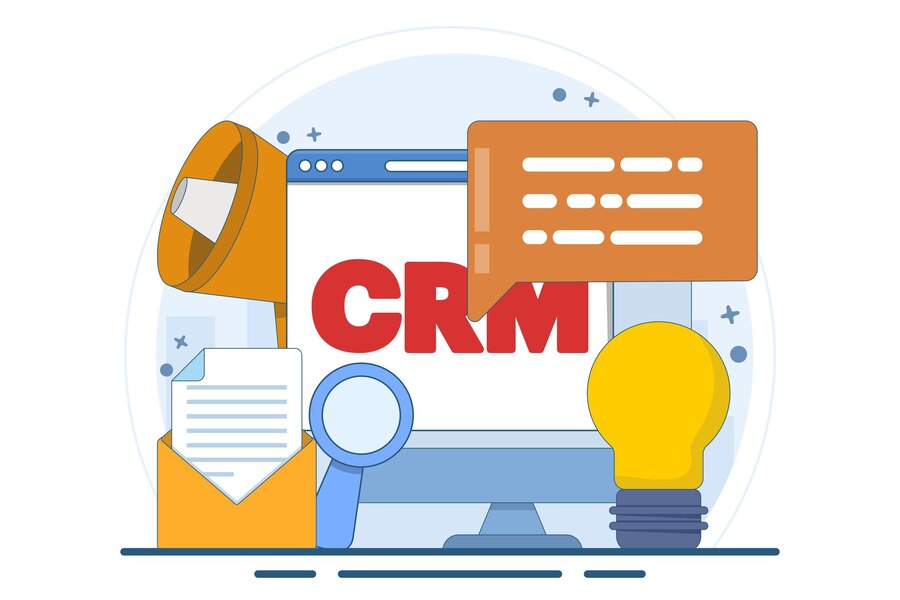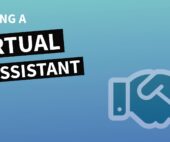Customer Relationship Management (CRM) is the backbone of modern businesses, ensuring that organizations build and maintain meaningful relationships with their customers. A CRM Specialist plays a crucial role in managing, analyzing, and optimizing these relationships, making them an indispensable part of any customer-focused business.
In this guide, we will dive deep into the role of a CRM Specialist, explore the skills and tools required, and offer actionable insights to help businesses and individuals understand how to maximize the potential of CRM systems. Whether you are a budding CRM expert or a business owner seeking to leverage CRM strategies, this guide is for you.
What is a CRM specialist?
A CRM Specialist is responsible for managing and optimizing CRM software to strengthen customer relationships and drive business growth. They analyze customer data, develop strategies, and implement actions to boost retention, satisfaction, and long-term loyalty. By utilizing CRM tools, they track and measure customer interactions, create personalized marketing campaigns, and ensure that businesses meet customer needs effectively. Their work helps companies deliver better customer service, increase revenue, and maintain a competitive edge in the market. CRM specialists also collaborate with sales, marketing, and customer support teams to ensure a unified approach to customer engagement and business development.

Key Responsibilities of a CRM Specialist:
- Implementing CRM Systems: Deploying and customizing CRM platforms like Salesforce, Zoho CRM, or HubSpot.
- Data Management: Collecting, organizing, and analyzing customer data for actionable insights.
- Strategy Development: Designing campaigns to improve customer engagement and loyalty.
- Training and Support: Assisting teams in understanding and using CRM tools effectively.
- Performance Tracking: Measuring the success of CRM strategies through analytics.
Benefits of Hiring a CRM Specialist
- Improved Customer Insights: CRM specialists use advanced tools to understand customer preferences and behaviors.
- Enhanced Customer Retention: By identifying pain points and addressing them, specialists improve satisfaction and loyalty.
- Streamlined Processes: Automation and data integration reduce manual errors and increase efficiency.
- Scalable Solutions: CRM specialists ensure systems grow alongside the business.
How CRM Systems Revolutionize Businesses
CRM platforms are more than just tools; they are powerful systems that centralize customer data and enable businesses to make informed decisions. Here are some ways businesses can benefit from a well-implemented CRM strategy:

1. Improved Customer Segmentation
By analyzing data, CRM systems help segment customers based on demographics, purchasing behavior, and preferences.
2. Enhanced Communication
Automated messaging systems ensure timely follow-ups, improving customer satisfaction.
3. Predictive Analytics
Modern CRM tools, such as Salesforce Einstein, use AI to predict customer needs and behaviors.
Top CRM Tools Every Specialist Should Know
Here are some of the most popular CRM tools and their unique features:

- Salesforce: Comprehensive platform offering advanced analytics and AI-driven insights.
- Zoho CRM: Affordable and versatile tool ideal for small to medium businesses.
- HubSpot CRM: Free platform with integrated marketing and sales tools.
- Microsoft Dynamics 365: Perfect for enterprise-level businesses with complex needs.
- Pipedrive: Focused on sales management and pipeline tracking.
How to Become a CRM Specialist
Becoming a CRM Specialist involves a blend of education, technical skills, and hands-on experience. A CRM Specialist plays a vital role in managing and optimizing Customer Relationship Management (CRM) software to strengthen customer relationships, drive business growth, and improve customer satisfaction.

1. Gain the Right Education
While a formal degree in business or IT helps, certifications like Salesforce Certified Administrator or Zoho CRM, Salesforce CRM, Certification are highly valued.
2. Learn Key Skills
- Technical Proficiency: Understanding CRM tools, SQL, and data visualization software.
- Analytical Thinking: Ability to derive insights from complex datasets.
- Communication Skills: Explaining technical concepts to non-technical stakeholders.
3. Build Experience
- Work on small projects to hone your skills.
- Seek internships in companies that heavily rely on CRM systems.
Best Practices for CRM Implementation
1. Define Clear Goals
Understand your business objectives before deploying a CRM system.
2. Choose the Right Tool
Not all CRM platforms are created equal. Choose one that aligns with your business needs.
3. Train Your Team
Ensure all users understand the CRM system to maximize its benefits.
4. Leverage Data Analytics
Use the insights generated by the CRM system to guide your business decisions.
How to Measure the Success of CRM Strategies
Key Metrics to Track:
- Customer Retention Rate: Indicates how well your CRM strategies keep customers coming back.
- Customer Lifetime Value (CLV): Measures the total value a customer brings to your business.
- Net Promoter Score (NPS): Gauges customer satisfaction and willingness to recommend your services.
Finding the Best CRM Solutions for Your Business
When choosing a CRM, consider:
- Business Size: Small businesses might benefit from Zoho CRM, while larger organizations might prefer Salesforce.
- Industry Needs: For example, e-commerce businesses might need integrated marketing tools.
- Scalability: Ensure the platform can grow with your business.
Conclusion
Becoming a CRM Specialist or leveraging their expertise can significantly enhance customer relationships and drive business success. By focusing on proper implementation, understanding key metrics, and you can establish a strong foundation for growth.
Start your CRM journey today and unlock the true potential of customer relationship management to propel your business forward.




